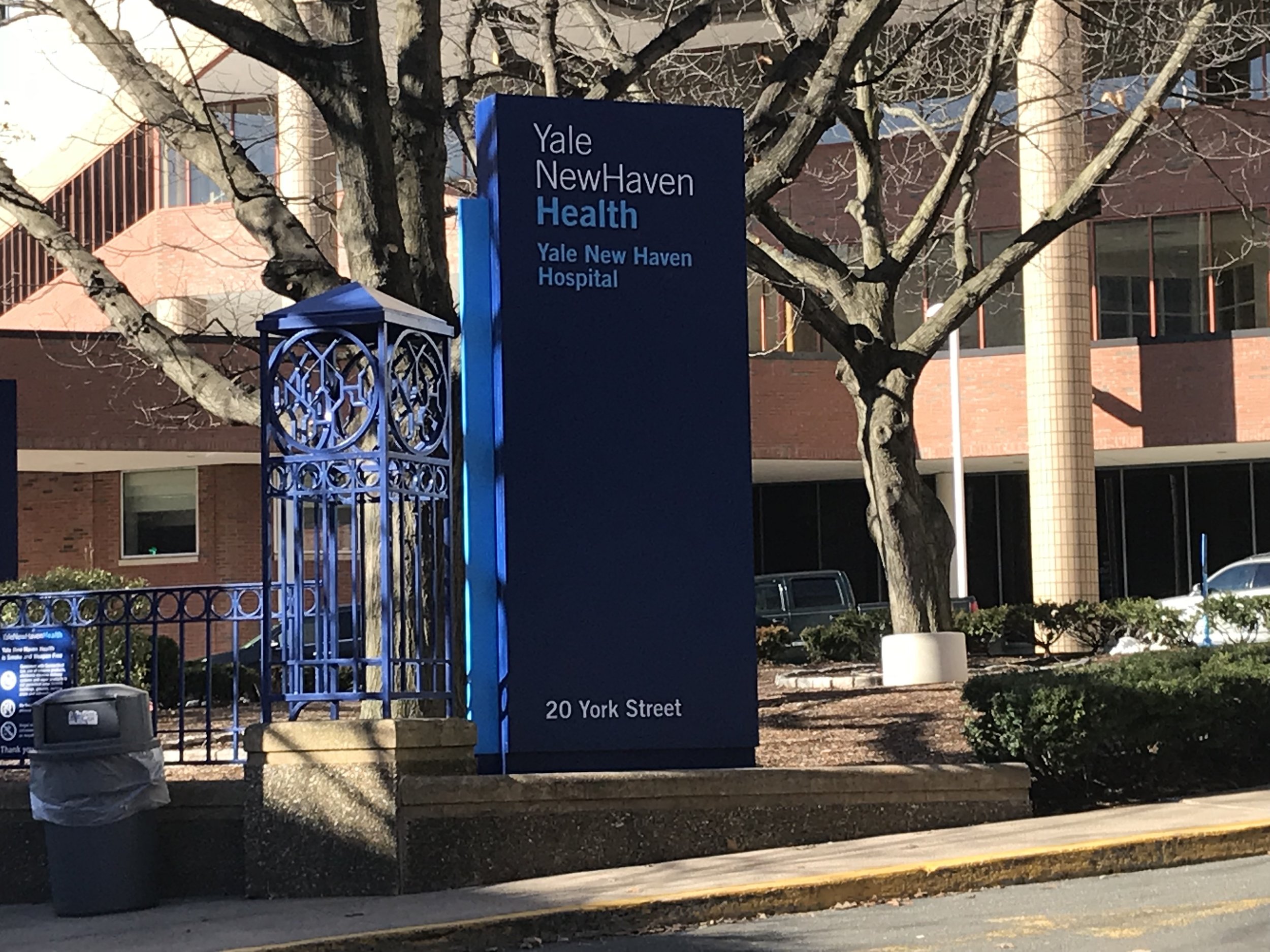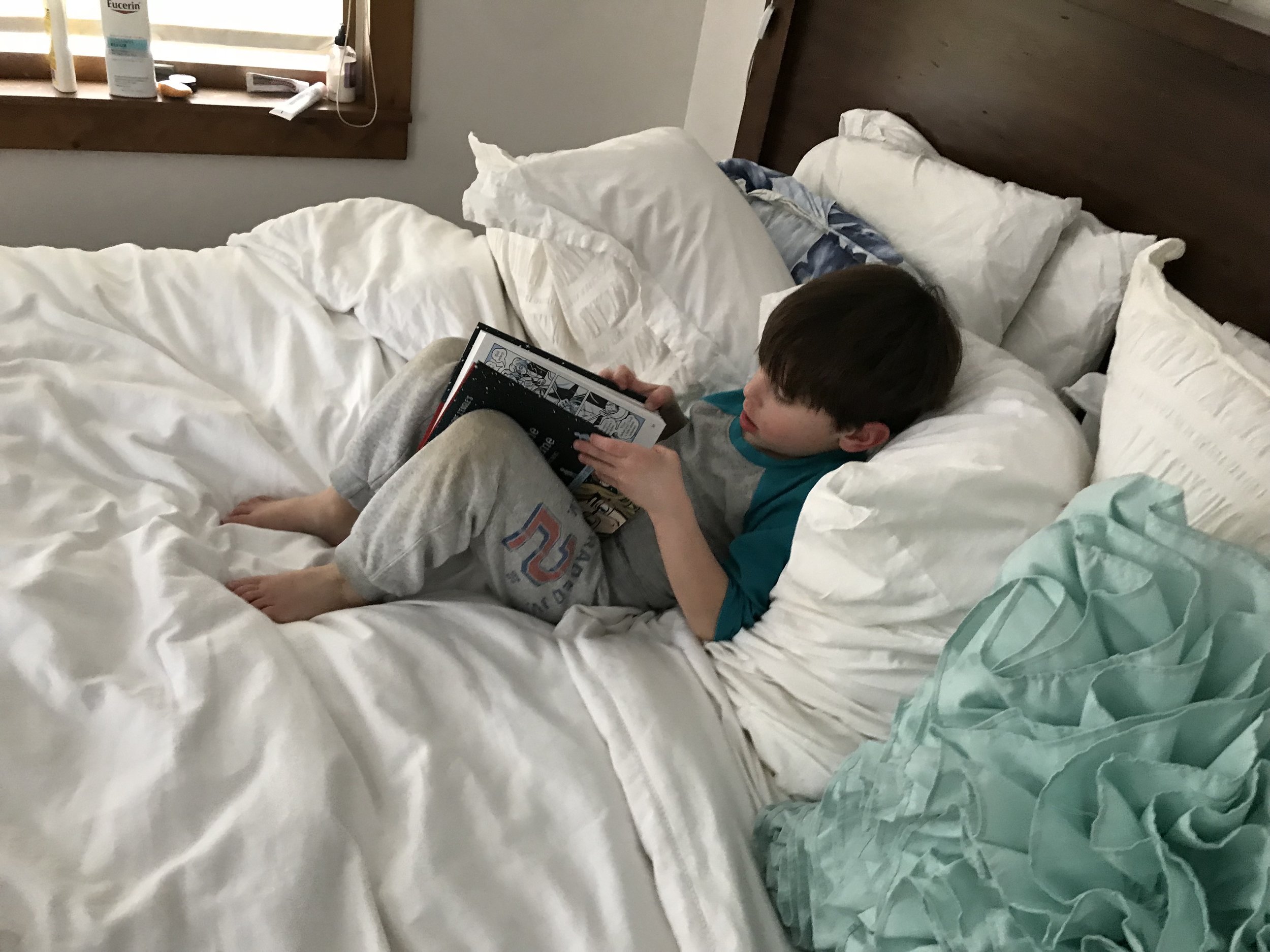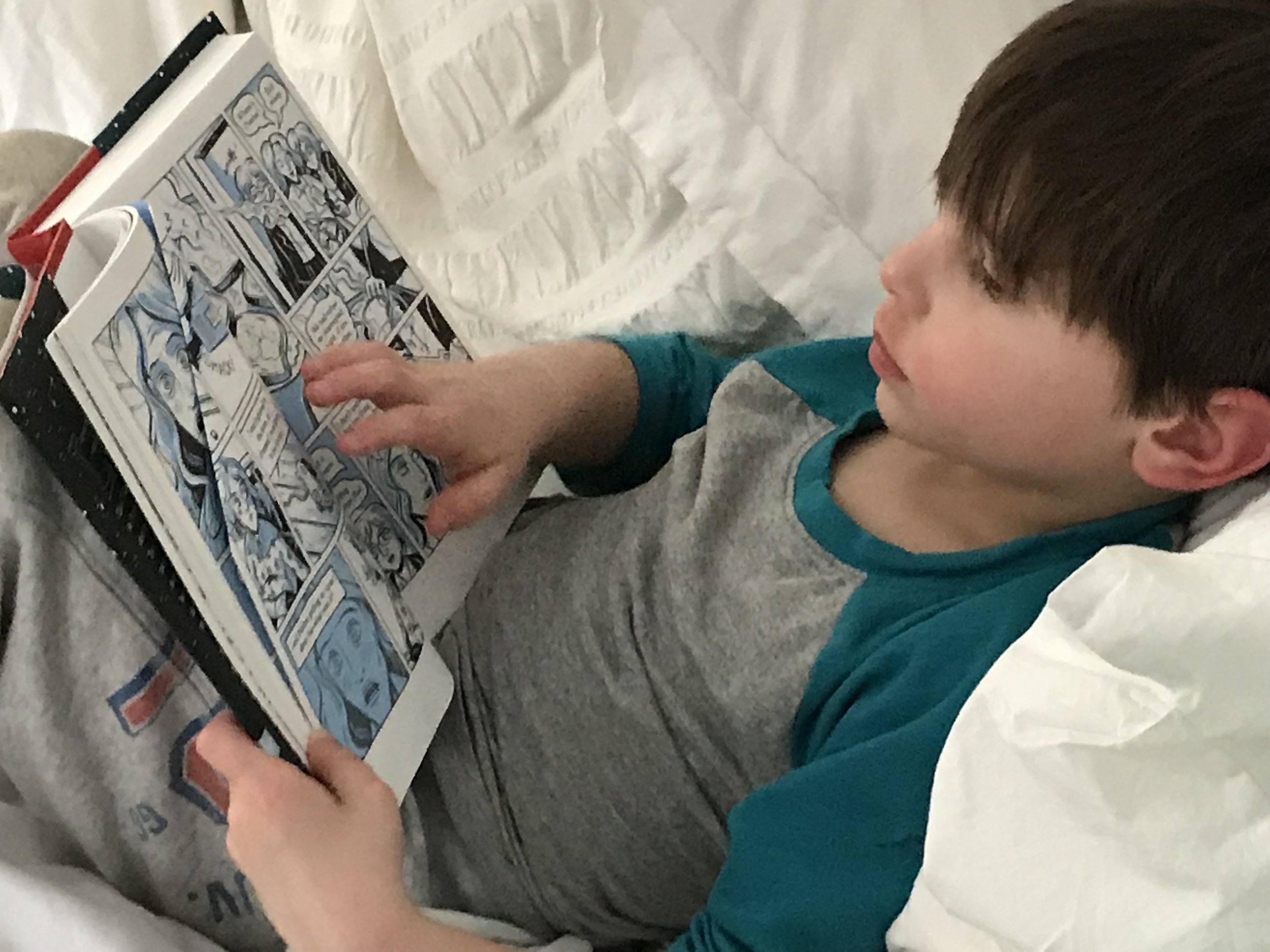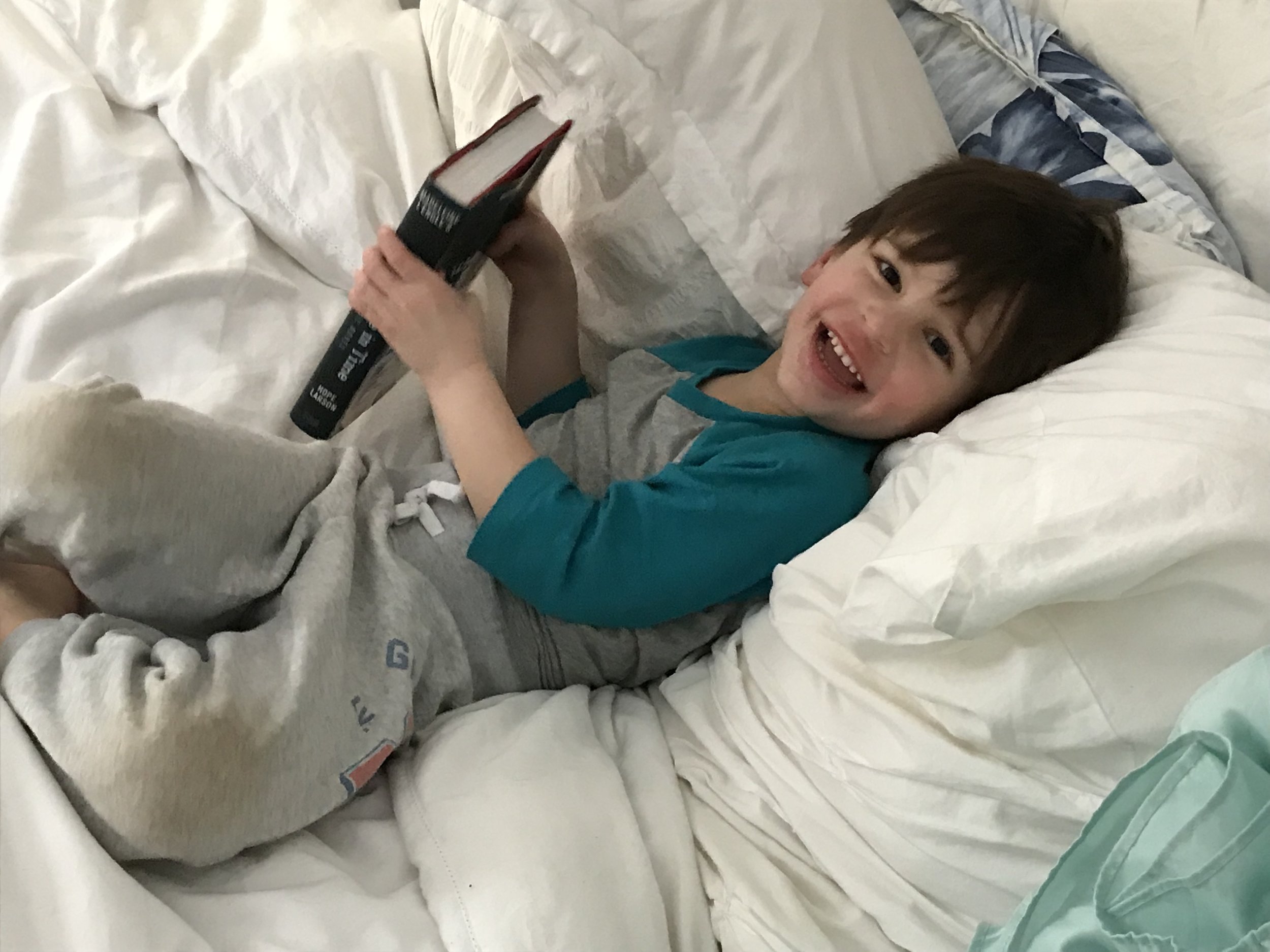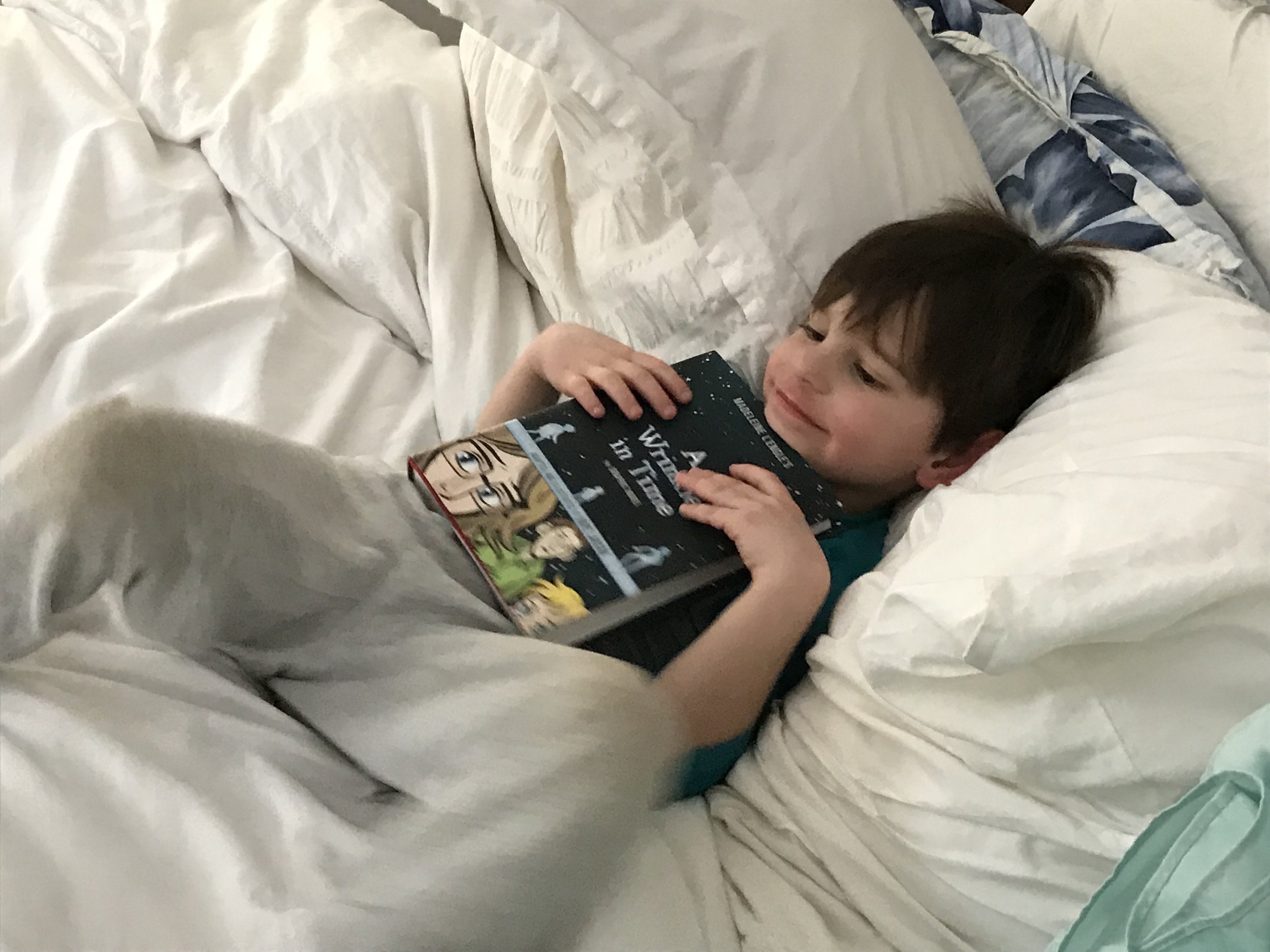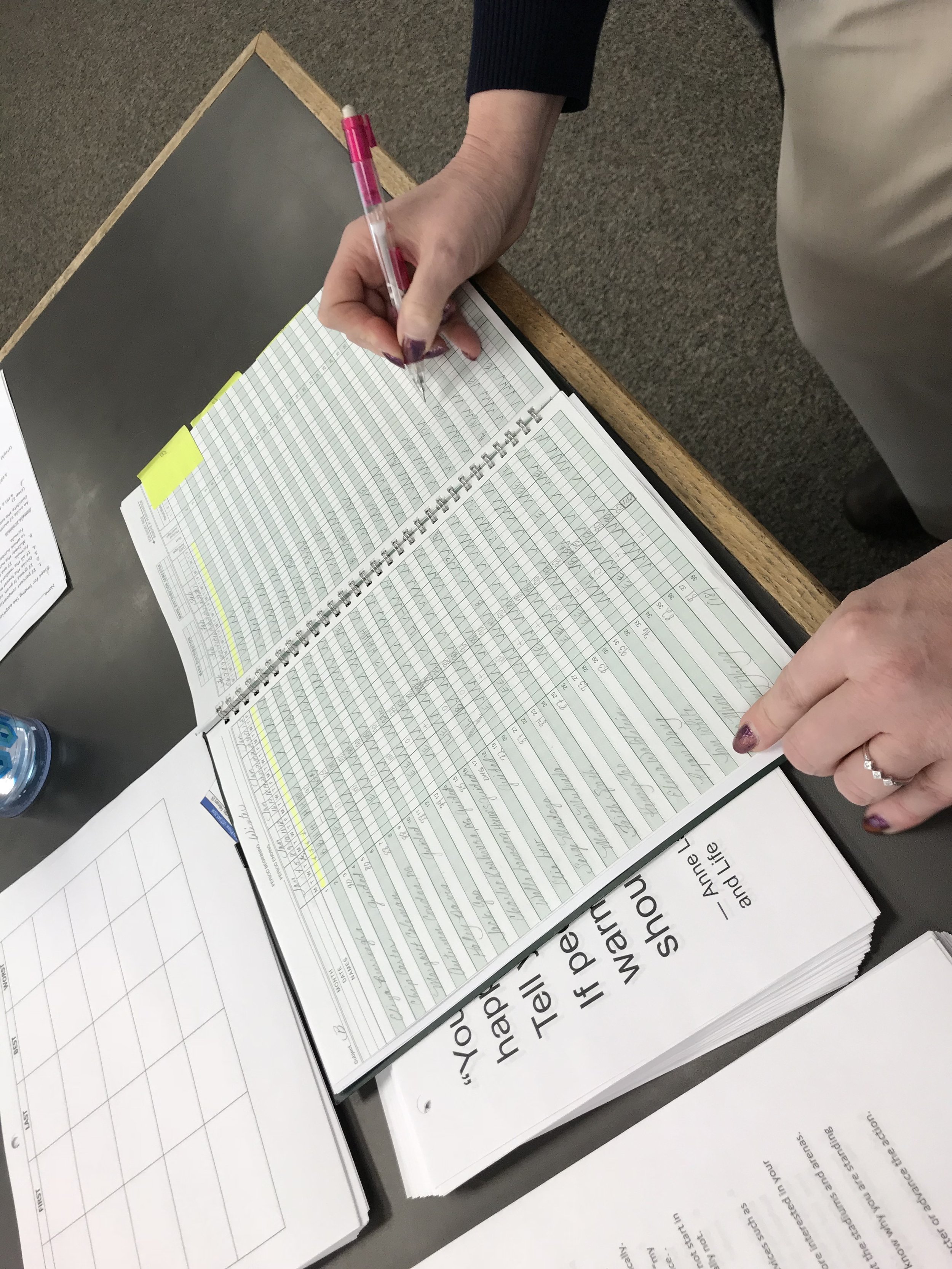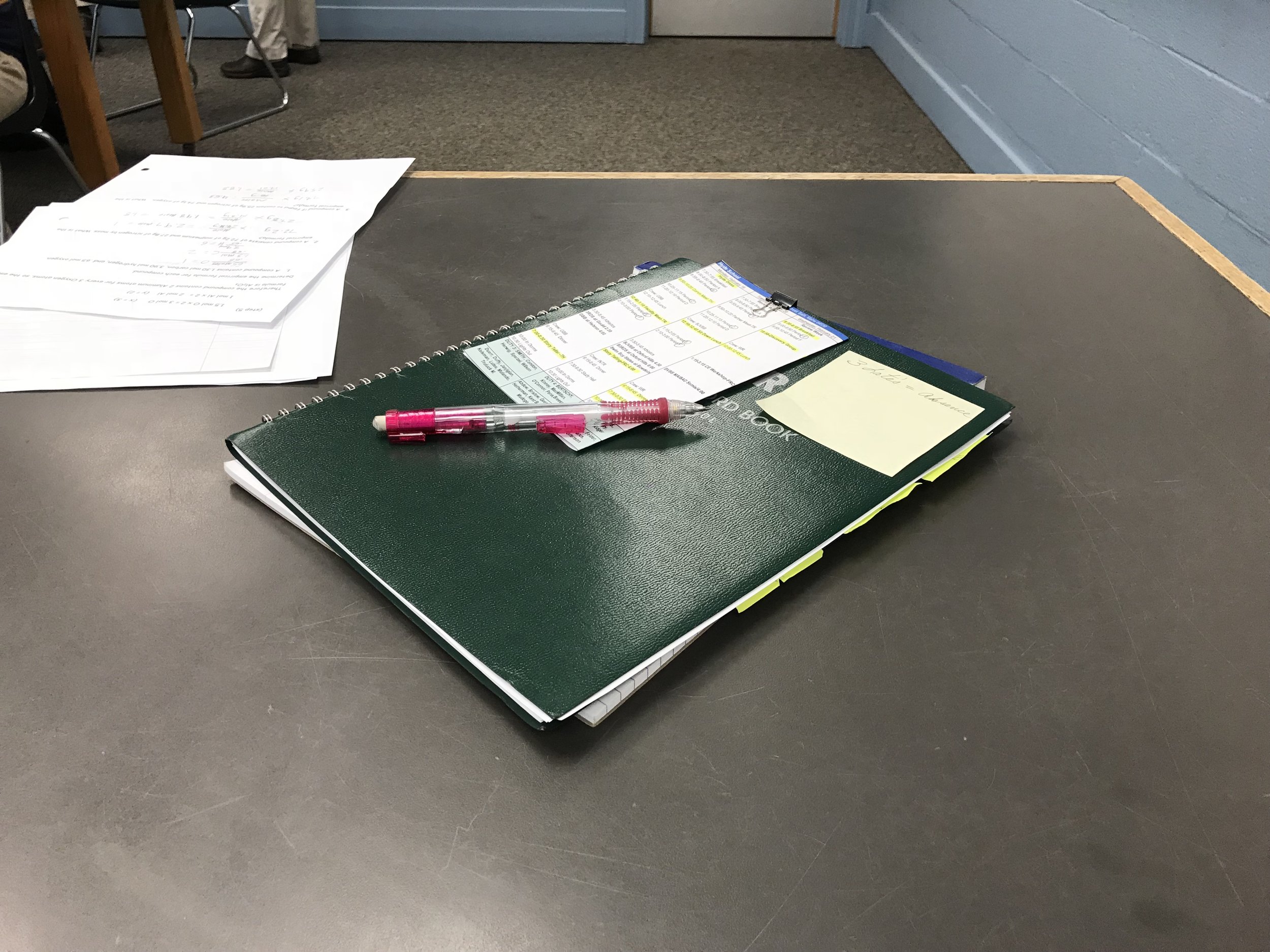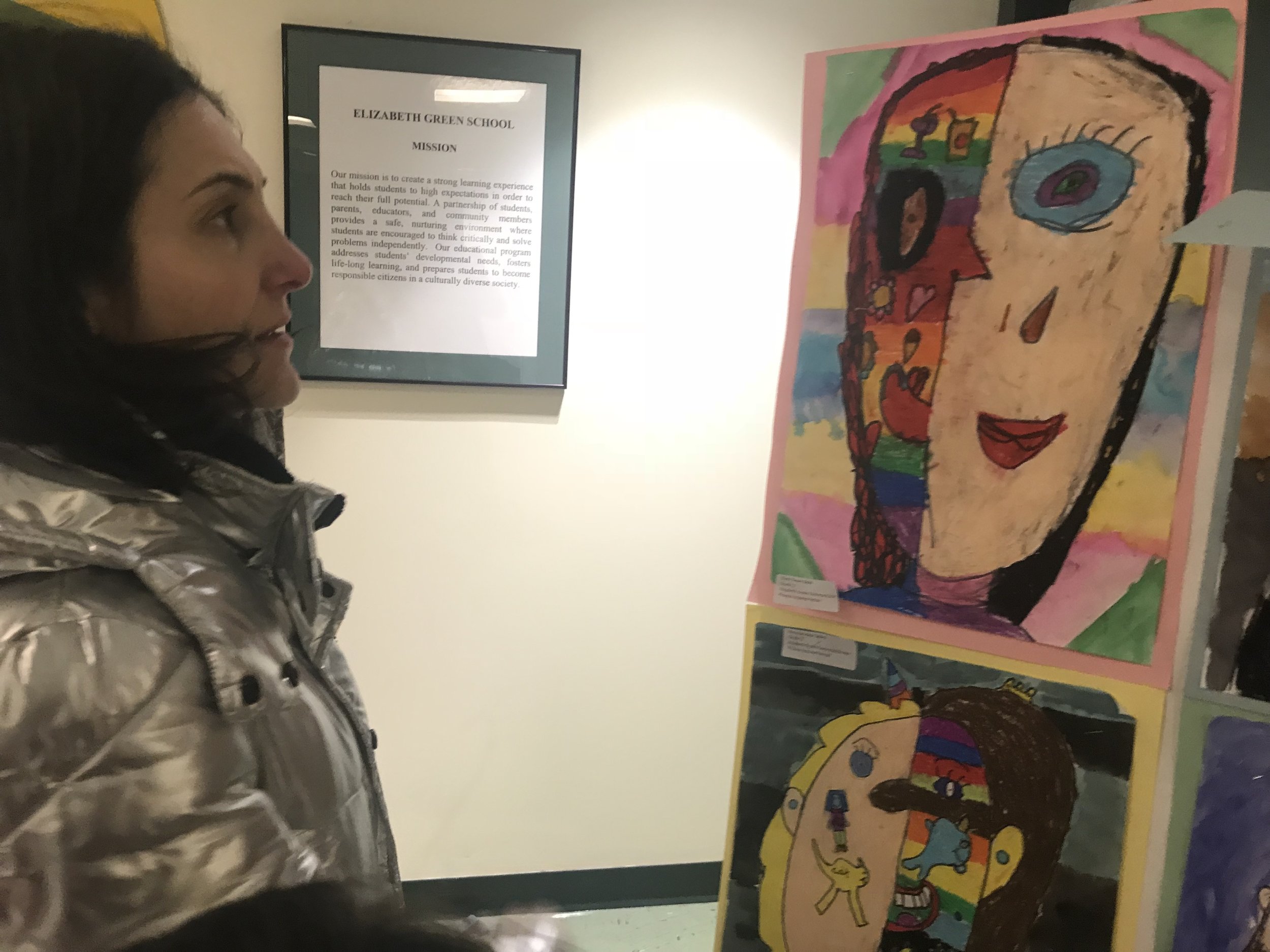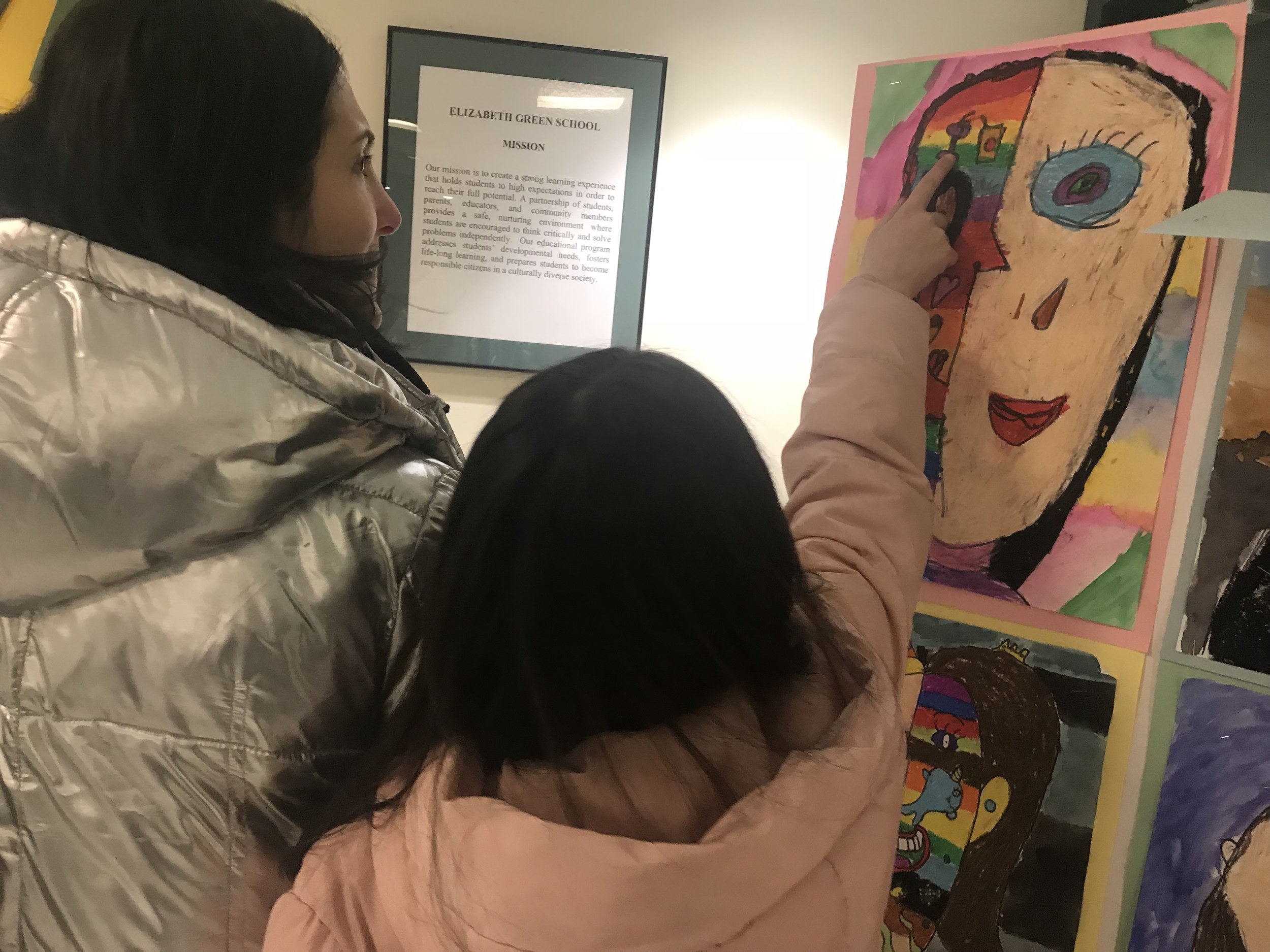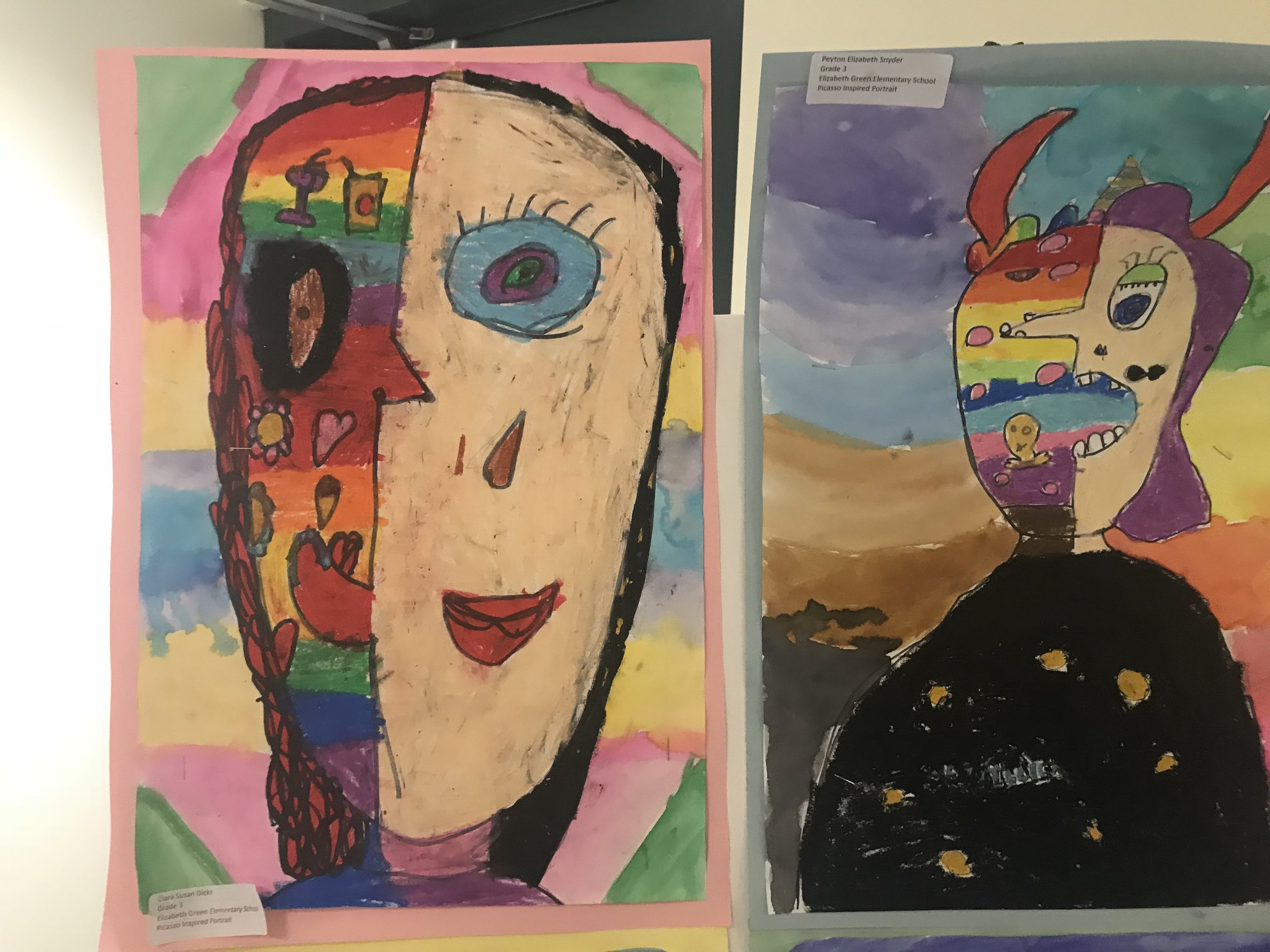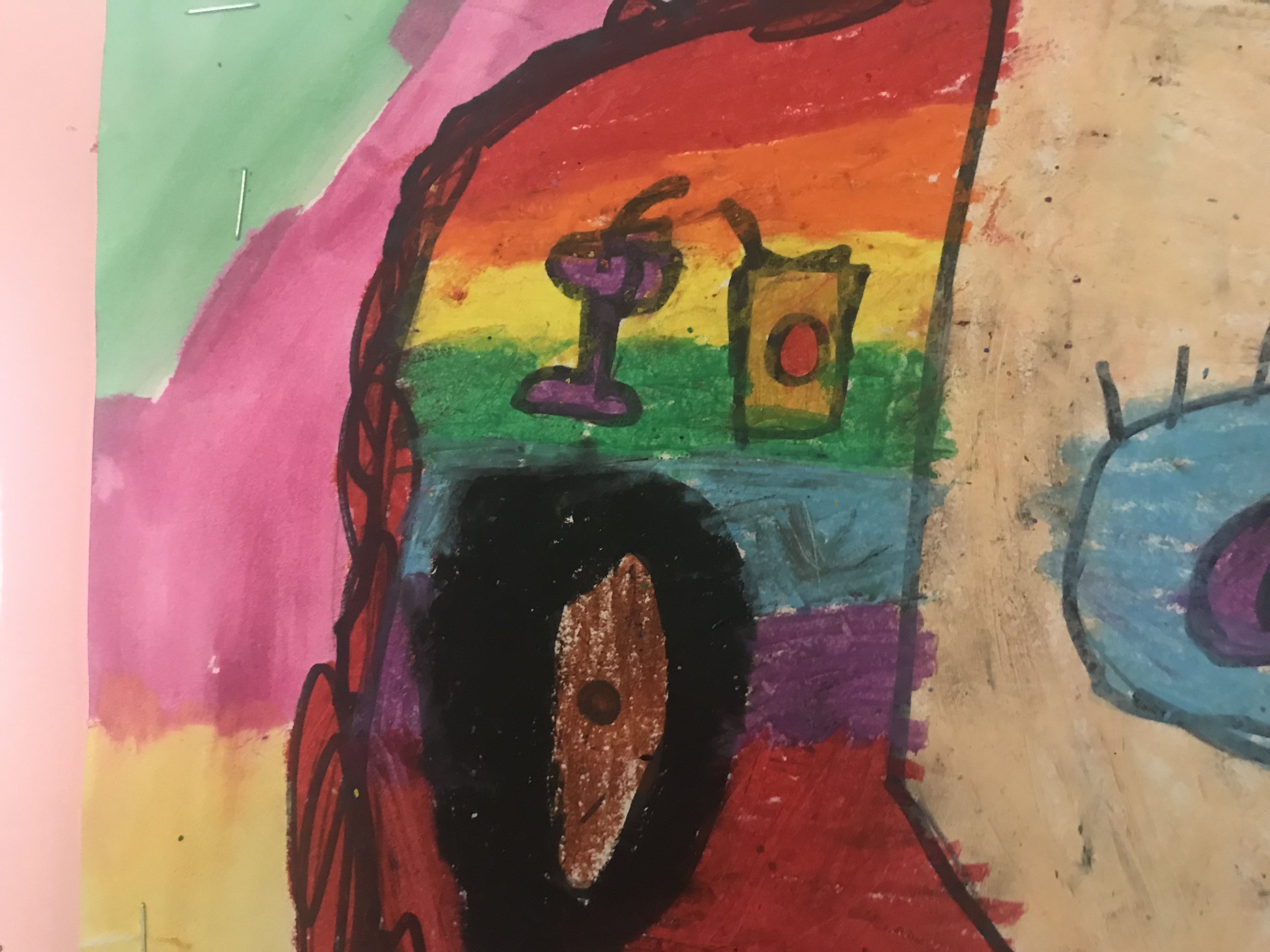An unusual and exhausting but unforgettable weekend thanks to a July night in 2011
/I'm often astounded by the places that a story told on a stage in 2011 has taken me.
This weekend I had the honor working with caregivers at Yale New Haven Hospital, teaching them how to tell stories about their own experiences as patients and the spouses, parents, and children of patients to doctors, nurses, and other clinicians in an effort to improve care. It was the second Saturday that I spent with these remarkable people, and their stories were incredibly hard to hear but so moving.
Those hours spent in a conference room at the hospital with those extraordinary people will stay with me forever.
On Sunday I traveled to Harvard, MA to deliver the sermon on a the Harvard Unitarian Universalist Church. I told stories to the congregation and talked about the healing power of storytelling in your own life and the lives of others. Later, I taught a workshop to about 60 members of the church and members of the community who decided to join us. I met some remarkable people who are hoping to use storytelling to change their lives and the lives of people all over the world.
Sandwiched on between those two things, Elysha and I produced a Speak Up show at Real Art Ways. Six storytellers joined me in sharing stories about hunger. For some, it was the first time they had ever told a story on stage. Others entered my life years ago through my workshops and shows, and I'm proud to call a few of them my friends today.
So, too, were members of the audience who I have only met through storytelling.
So many of my friends, and some of the best people I know, have entered my life this way.
I ended the weekend consulting with an attorney for the ACLU on his upcoming TED Talk, helping him craft an outstanding talk on subjects near and dear to my heart. Elysha and I are ALCU members, so it was an honor to assist in this important work.
This was an unusual weekend to be sure. I'm not leading church services every Sunday or teaching a widow to tell the story of her deceased husband's hospital care. Rarely is my weekend so chock full of storytelling the way this one was.
Frankly, it was exhausting. Also, I missed my family this weekend. A lot.
But when I'm better rested in a day or so and I've made up for lost time with Elysha and the kids, I'll look back on this weekend and think about how lucky I am that I decided to do something back in 2011 that was hard and scared me to death.
Budo, the protagonist of my third novel, says that "The right thing and the hard thing are often the same thing."
I try to remember this always, because I know how often embracing the hard thing has led to a weekend like this past one.
I'm in a constant search for the next hard, right thing.
